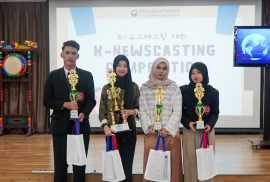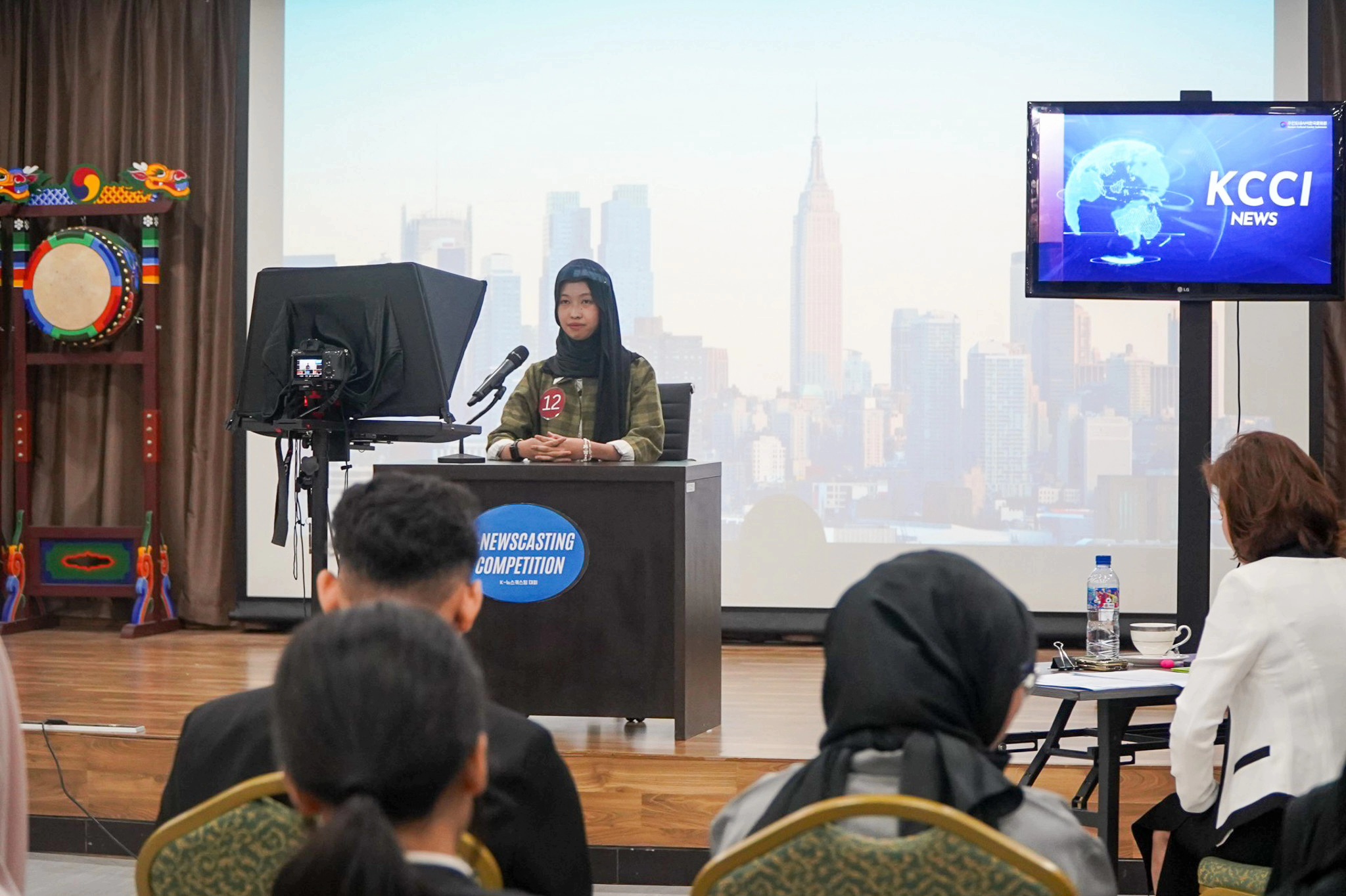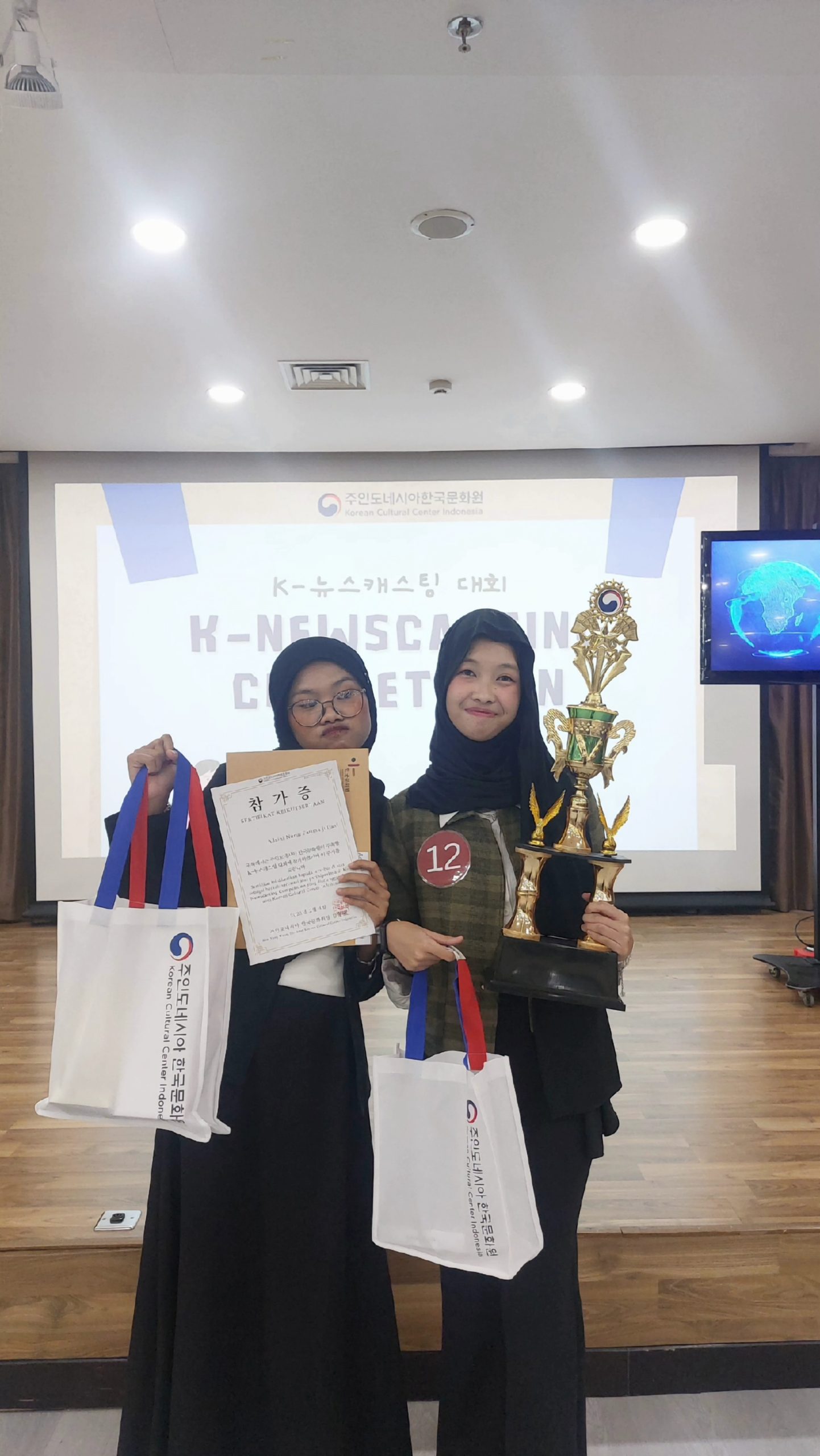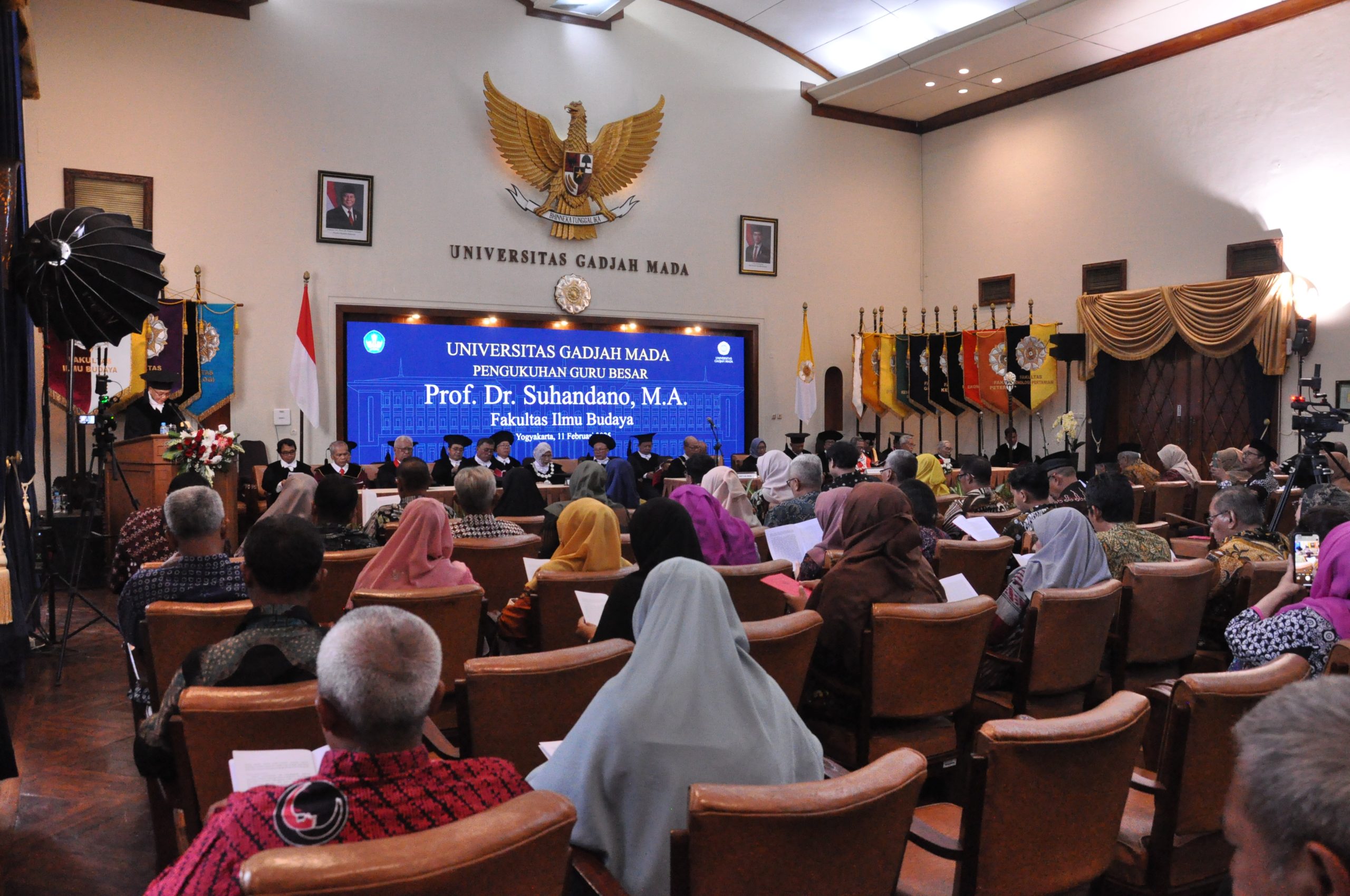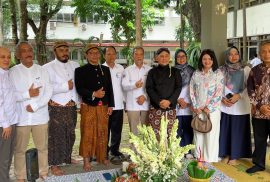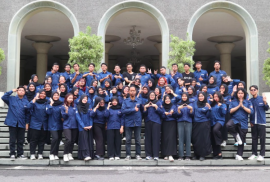Yogykarta, 13/2/2025 – The International Student Orientation for the INCULS programme took place at the Auditorium on the 7th floor of Soegondo FIB UGM. The event aims to welcome new international students and provide important information about studying and living in Indonesia. The orientation is a significant step towards promoting cultural diversity and enhancing the educational experience for all students.
The event began with an inspiring speech from the Dean of the Faculty of Cultural Sciences, Prof. Dr. Setiadi, M.Si. who emphasised the importance of cultural diversity in education. He highlighted how the presence of international students enriches the academic environment and encourages a deeper understanding of different cultures. This is in line with the Sustainable Development Goals (SDGs), particularly in promoting inclusive and quality education.
After the Dean’s welcome, Dr. Wulan Tri Astuti, S.S., M.A., Alvanita, S.S., M.Ed., gave an overview of the INCULS programme. She discussed the curriculum and introduced the tutors, the various activities planned for the semester, the culture in daily life, as well as the support services available to international students. Her presentation was well received, as it provided valuable insights into how to live academic life in Indonesia. Some INCULS tutors also participated in the orientation. They emphasised the importance of engaging with the local culture and participating in community activities within SMEs and student clubs. This not only helps students adapt but also enriches their educational journey by allowing them to learn from various perspectives.
The event concluded with a group documentation session, where all participants, including dozens of new INCULS students, gathered for a memorable group photo. This moment symbolised the beginning of their journey in Indonesia and the friendships they would make along the way.
Overall, the International Student Orientation for INCULS was a positive tone-setting first step for the upcoming semester. The event reinforces UGM’s commitment to fostering an inclusive educational environment that values cultural diversity and promotes global citizenship.
[Public Relations Faculty of Cultural Sciences UGM, Bulan Churniati]


